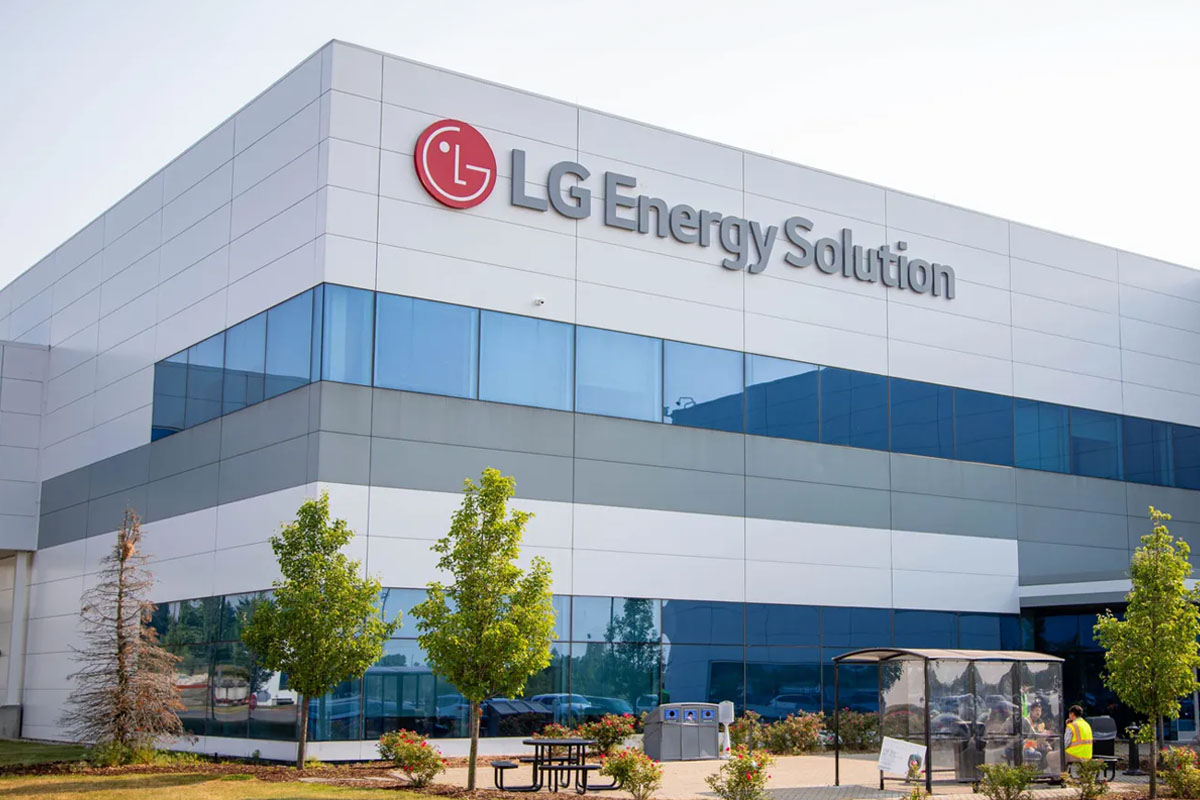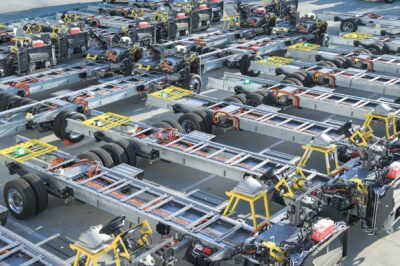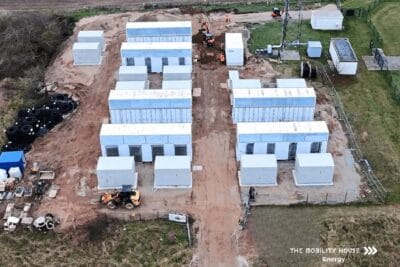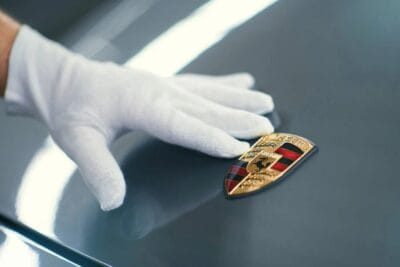LG & Derichebourg to launch recycling joint venture in France
The new recycling plant will be built in Bruyères-sur-Oise in the Val-d’Oise region of northern France, with commissioning planned for 2027. The new plant will specialise in pre-processing, such as discharging, dismantling and shredding waste generated during battery production, as well as the collection of used batteries for electric vehicles.
As LG Energy Solution’s first battery recycling joint venture in Europe, this plant is expected to have a processing capacity of over 20,000 tonnes per year when fully operational. The black mass recovered from the pre-processing plant will undergo further post-processing to recover raw battery materials such as lithium, nickel, and cobalt, which will then be used in LG Energy Solution’s battery production.
Under the agreement, LG Energy Solution will supply battery scrap from its factory in Poland, while Derichebourg will provide used batteries from France and neighbouring countries. This will help LG ES “establish “accelerate the development of” a closed-loop resource circulation system in Europe
LG Energy Solution is looking to cut costs of battery production, as well as localize its supply chain with the new venture, as Chang Beom Kang, CSO of LG Energy Solution, explained: “This collaboration enables us to secure a stable and cost-competitive supply of recycled battery materials from the advanced processing of end-of-life batteries and battery scrap. This initiative will also significantly enhance the value we deliver to customers in the recycling sector.”
The factory will also be ready to serve the European market once the EU Battery Regulation kicks in in 2031, mandating a minimum level of recycled content for batteries sold on the continent. When the legislation was announced, the specific plan was to require the minimum levels for new batteries to include a recycling proportion of 16 per cent for cobalt, 85 per cent for lead and six per cent each for lithium and nickel. Thirteen years after entry into force – so probably 2036 – they will rise to 26 per cent for cobalt, 12 per cent for lithium and 15 per cent for nickel. The lead quota will remain identical.
For its part, Derichebourg is interested in the larger industrial market, which continues to grow in the battery business, as Abderrahmane El Aoufir, CEO of Derichebourg, explains: “This partnership fully supports our ambition to develop industrial solutions with a high environmental added value, while strengthening the local roots of our activities.”





0 Comments